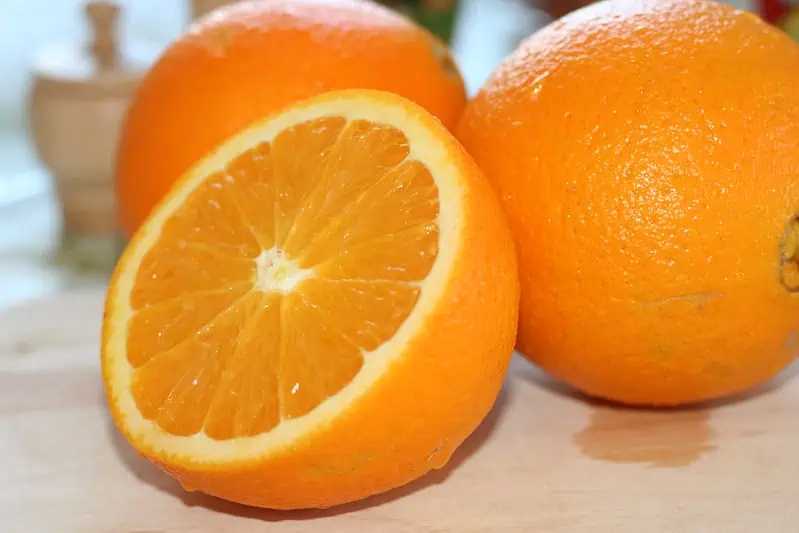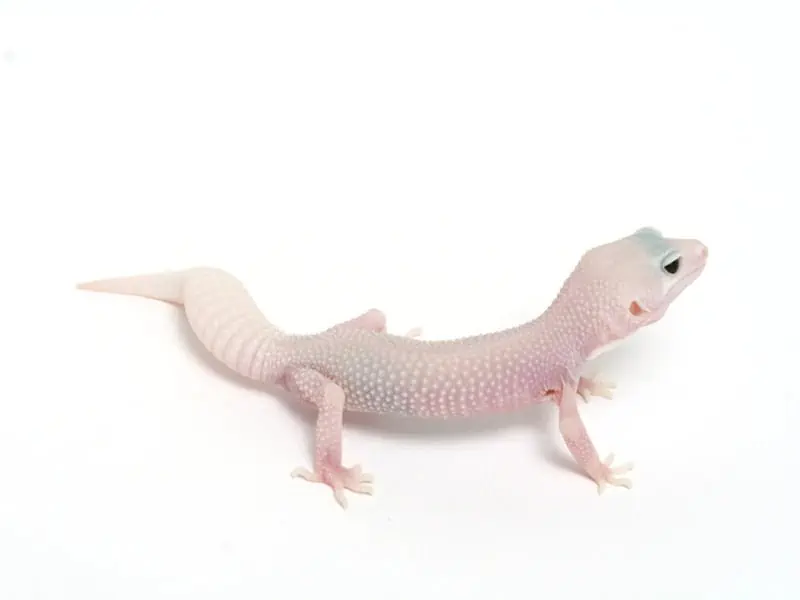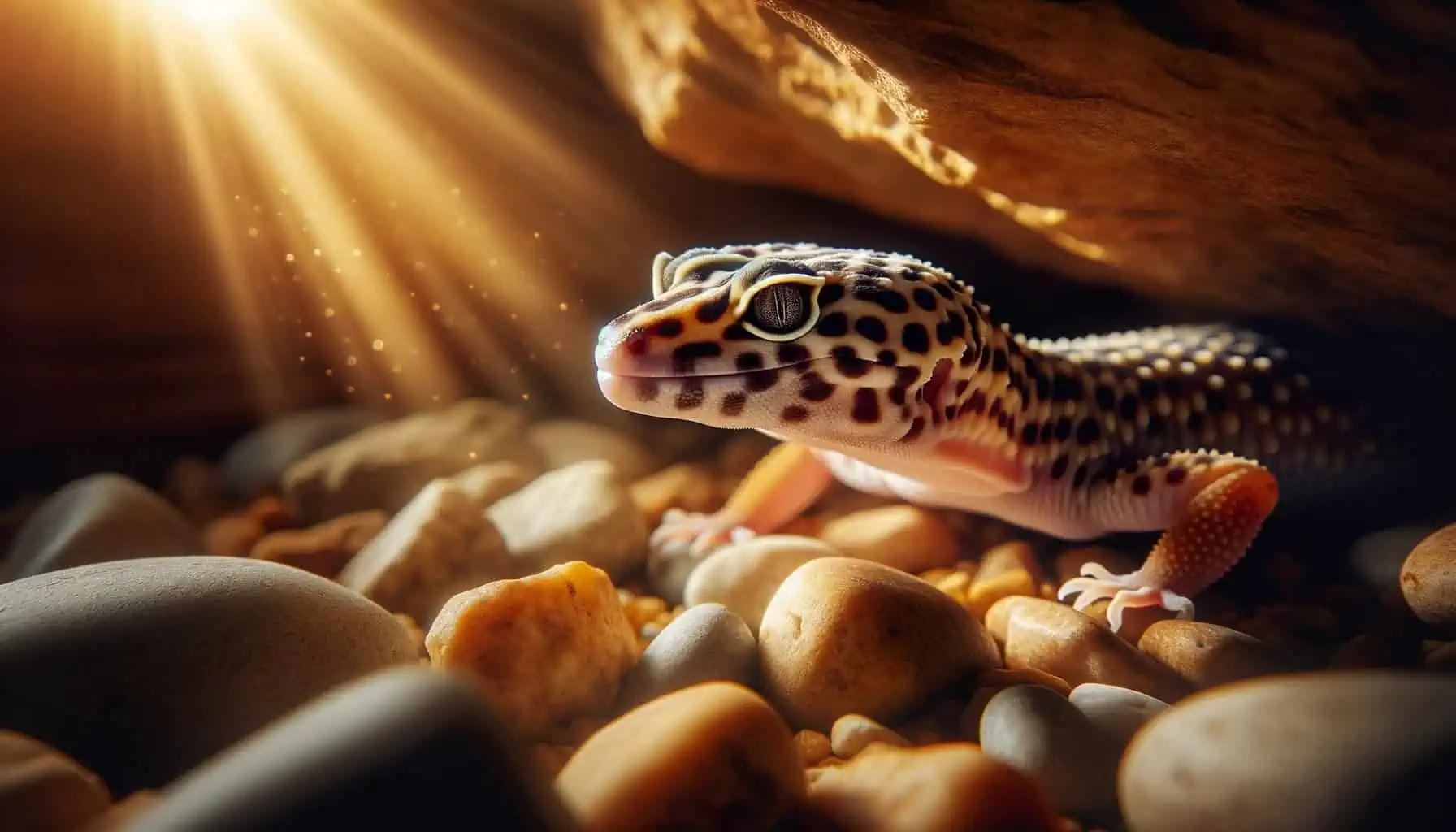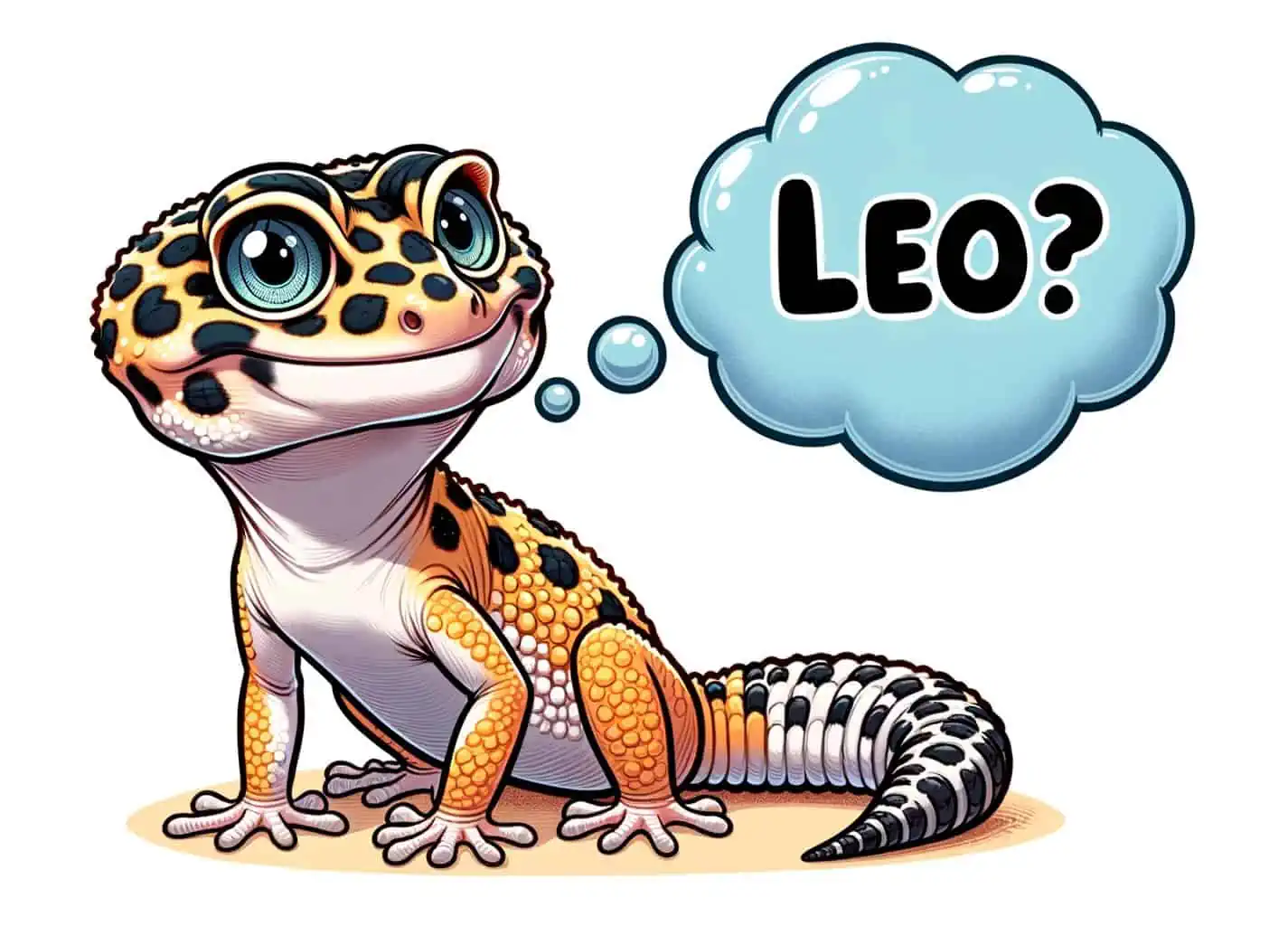Hey there, fellow gecko enthusiast! If you’re a proud owner of a vibrant and vocal Tokay Gecko, or perhaps contemplating bringing one of these captivating creatures into your life, this guide is for you. Knowing what to feed your gecko is a crucial part of responsible pet ownership. But equally important, if not more so, is understanding what NOT to feed them. That’s where we come in.
In this article, we’re going to delve deep into the do’s and don’ts of Tokay Gecko feeding. We’ll explore their nutritional needs, discuss harmful foods, and throw light on how incorrect feeding can impact their health. We’ll also equip you with the knowledge to identify signs of poor nutrition and provide tips for offering a balanced diet. Plus, we’ll tackle some frequently asked questions towards the end. Let’s embark on this journey to ensure your Tokay Gecko thrives on a diet that’s as healthy and wholesome as it can be!
Understanding Your Tokay Gecko’s Nutritional Needs
Dive in with us as we explore the unique nutritional needs of the Tokay Gecko. For starters, it’s important to know that Tokay Geckos are predominantly insectivorous. This means their diet primarily consists of insects, which provide them with necessary proteins, fats, and micronutrients. But just like us, they can’t eat any and all types of insects. Some bugs might look like a gourmet treat to your Gecko but can actually cause them serious harm.
Variety is another significant aspect of their dietary needs. Relying on a single type of insect can lead to nutritional deficiencies or excesses. Switching up their diet with different insects offers a broader range of nutrients and keeps your gecko interested in its food.
Importantly, Tokay Geckos also require calcium and vitamin D3 supplements to maintain strong bones and overall health. In the wild, they’d naturally get this through their diverse diet and exposure to sunlight. But in captivity, we need to ensure they receive this via supplementation.
Lastly, while they are primarily insectivores, occasional servings of fruit can add variety and additional nutrients to their diet. But remember, not all fruits are safe for your Tokay Gecko. More on that later.
Common Foods That Are Harmful to Tokay Geckos
This section is going to cover some of the foods that, while tempting, could pose a real danger to your Tokay Gecko. We’ll explore inappropriate insects, fruits, vegetables, and even human foods that are harmful to your pet.
Inappropriate Insects
First up, let’s discuss insects that you should avoid feeding your Tokay Gecko. Fireflies, for example, are deadly to geckos. Their bodies contain a toxic chemical called lucibufagins, which can cause severe reactions and even death. Other bugs to avoid include centipedes, monarch butterflies, and wild-caught insects. The latter can be risky as they might have been exposed to pesticides or parasites, both of which can be harmful to your pet.
Dangerous Fruits and Vegetables
While Tokay Geckos can benefit from occasional fruit, there are some you should definitely steer clear of. Avocados, for example, are toxic to most pets, including geckos. Citrus fruits like oranges and lemons are also problematic due to their high acidity which can upset your Gecko’s stomach.
When it comes to vegetables, avoid feeding your Gecko anything in the onion family or raw potatoes as these can cause digestive issues.
Harmful Human Foods
It might be tempting to share a little of what you’re eating with your Gecko, especially if it’s looking at you with those big, curious eyes. But resist the temptation! Foods we consume, like chocolate, coffee, alcohol, or anything with added salt or sugar, can be extremely harmful to your pet. Even bread or dairy can cause issues due to geckos’ inability to digest these properly.
How Feeding The Wrong Foods Affects Your Gecko’s Health
When we feed our Tokay Geckos inappropriate foods, it’s not just a simple case of them disliking the taste or leaving the food untouched. Incorrect foods can lead to severe health problems. Let’s shed some light on the potential consequences.
Feeding your Gecko the wrong types of insects, for instance, can lead to toxicity, internal parasites, or even physical injury. Bugs like fireflies carry toxins that can cause fatal reactions, while wild-caught insects could be carrying harmful parasites. Larger or harder insects might cause injury to your Gecko’s mouth or digestive system.
Offering harmful fruits or vegetables, or feeding them too frequently, can cause gastrointestinal upset. Items like avocado or citrus fruits can be toxic to Geckos, causing symptoms like loss of appetite, lethargy, and even more severe conditions.
Feeding human foods like chocolate, coffee, or anything high in salt, sugar, or other additives can cause a multitude of issues. These range from obesity and digestive problems to more serious conditions like metabolic bone disease, organ damage, or even death.
Signs of Poor Nutrition in Your Tokay Gecko
Spotting the signs of poor nutrition in your Tokay Gecko can be the first step towards addressing any dietary issues and getting your pet back on the track to health. Here are some symptoms to watch out for:
Weight loss or gain: Rapid or unexplained weight loss can signal that your Gecko is not getting enough nutrients from its food. On the other hand, sudden weight gain can be a sign of overfeeding or feeding too many high-fat foods.
Lethargy: If your normally active and curious Gecko has become less active or seems uninterested in exploring, this could be a sign of poor nutrition.
Loss of appetite or refusal to eat: Tokay Geckos can be picky eaters, but consistently refusing food could indicate a nutrition-related issue.
Changes in feces: Discolored or unusually soft or hard feces can indicate digestive problems possibly linked to diet.
Changes in skin condition: Symptoms like dull or dry skin, loss of color vibrancy, or difficulty shedding can all be signs of nutritional deficiencies.
Behavior changes: If your normally docile Gecko becomes unusually aggressive or irritable, this could be a sign of discomfort or illness stemming from its diet.
Balanced Nutrition for Your Tokay Gecko
Ensuring balanced nutrition for your Tokay Gecko isn’t as intimidating as it may seem. Here are some tips to help you get started:
Diversify the Diet: Incorporate a variety of suitable insects into your Gecko’s diet, such as crickets, mealworms, roaches, and waxworms. This not only provides a broad range of nutrients but also keeps your pet interested in its meals.
Fruit Treats: While the majority of your Gecko’s diet should be insect-based, occasional fruit treats can provide extra vitamins and hydration. Suitable fruits include papaya, mango, and pear. Remember to feed these sparingly and avoid any toxic fruits we mentioned earlier.
Supplement Wisely: Supplement your Gecko’s diet with calcium and vitamin D3 to ensure healthy bone growth and prevent metabolic bone disease. You can dust their insects with a supplement powder before feeding.
Meal Planning: It’s essential not to overfeed your Gecko. A good rule of thumb is to offer food that’s about the same size as the space between your Gecko’s eyes. Young geckos may need to eat daily, while adults can be fed every other day.
Provide Fresh Water: Don’t forget to provide clean, fresh water daily. While geckos get a lot of their hydration from their food, having water available is still necessary.
Consult a Vet: If you’re unsure about any aspect of your Gecko’s diet, consult with a vet or a professional breeder. They can provide tailored advice based on your Gecko’s age, size, health condition, and more.
Conclusion
Feeding your Tokay Gecko isn’t just about filling their belly—it’s about nourishing them with a balanced, suitable diet that supports their health and well-being. Avoiding harmful foods, understanding the signs of poor nutrition, and providing a varied, nutritious diet are all part of this crucial responsibility.
Keep in mind that while our guide covers many key points, it can’t cover everything. Always research any new foods before introducing them to your Gecko’s diet, and consult a vet if you have any concerns. Your pet’s health and happiness depend on your careful stewardship, and your effort in understanding their dietary needs will pay off in a healthy, active, and long-lived Tokay Gecko.
FAQs
Can I feed my Tokay Gecko only one type of insect?
No, it’s not advisable to feed your Gecko only one type of insect. Just like humans, Geckos need a varied diet to get all the nutrients they need. Feeding only one type of insect could lead to nutritional deficiencies.
How often should I feed my Tokay Gecko?
Young Tokay Geckos may need to eat daily, while adults typically eat every other day. However, the feeding frequency can depend on several factors like age, size, and overall health. It’s best to consult a vet for personalized advice.
Can I feed my Tokay Gecko fruits every day?
While fruits can be a good source of additional vitamins and hydration, they should not be a large part of your Gecko’s diet. Feeding fruits too often could lead to health issues like diarrhea or nutrient imbalances. Fruits should be given sparingly as treats.
What should I do if my Gecko is refusing to eat?
If your Gecko refuses to eat, it might be due to illness, stress, or poor diet. Make sure you’re offering appropriate food, and that your Gecko’s living conditions are optimal. If the issue persists, consult a vet immediately.
How can I tell if my Gecko is overweight?
Overweight Geckos may have a visibly rounded body, especially around the belly. Their skin may also appear stretched or shiny. If you suspect your Gecko is overweight, consult a vet for a health check and dietary advice.





